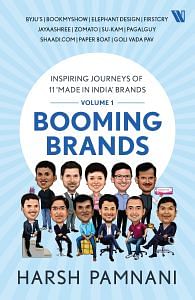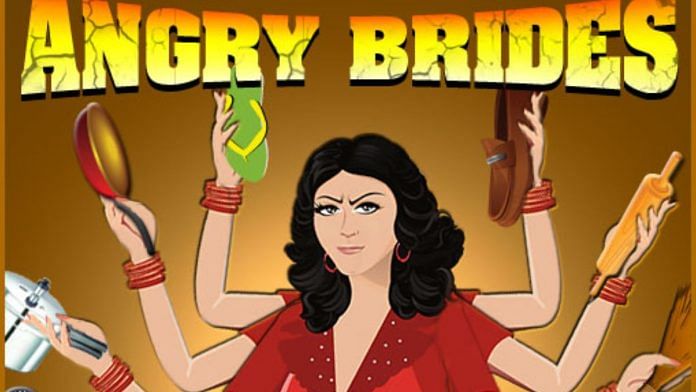Initiatives with higher purposes not only create awareness around a cause but also bring attention to your brand. Most importantly, they pull people towards a company rather than the company pushing its messages to capture the target audience. In a country like India, marriage is not just a relationship between two people, it is a relationship between two families. For a brand like Shaadi.com, it is important to connect not only with people looking to get married but with everyone in the family. Gourav says, ‘As a brand, Shaadi.com is primarily focused on celebrating everything around love, life and marriage first and then matchmaking.’
Over the last few years, Shaadi.com has launched many campaigns, to represent the consciousness of Indian consumers and facilitate conversations among its audience on the topics they think and believe in. ‘Tapping into something that people really value and think about has helped in establishing brand connect with a wider set of audience,’ says Gourav.
This becomes clearer if we look at some of the campaigns run by the brand. To help raise awareness about dowry harassment in India, in 2012, Shaadi.com launched Angry Brides, an online flash-based browser game on Facebook. The landing page of the game shows an eight-armed woman, clad in red and resembling the powerful female Hindu goddess Durga, with various common household items like frying pans, rolling pins, broomsticks and stiletto heels in her hands. In this game, players strike grooms who demand a large dowry. Each hit lowers the amount demanded and if the player manages to bring the dowry to zero, they can proceed to the next level. This game received a great response on social media and was awarded by IAMAI for the best use of internet for social and economic development.
On Karwa Chauth, wives in India keep a day-long fast for the long life of their husbands. In 2014, the company launched a Karwa Chauth campaign – ‘Fast for Her’. This initiative set out to take a stand and promote equality in marriage and urged men to express their love, gratitude and respect towards their wives by pledging to fast for their long life. In 2015, the company launched a ‘Dowry Calculator’, which people could use to calculate the amount of dowry they deserve based on their educational qualifications, salary, etc. When the company first promoted this initiative, it received a strong backlash on social media for openly promoting the practice of dowry.
However, soon enough people found out the truth behind this initiative. When someone entered his details in the calculator, what showed up wasn’t the amount of dowry the person supposedly deserved but the dowry deaths statistics for India. This calculator attracted viewers from over 170 countries and created a lot of conversation among people on various online platforms. In 2016, the company organised a digital campaign, ‘Not for Sale’, around the topic of dowry. Usually, the topic of dowry brings images of crying girls and pleading families to one’s mind. But there is another side—the perspective of the boy. Even though the groom is at the centre of this ‘transaction’, no one focuses on him. This campaign gave boys a platform to express themselves without any pressure from their elders.
The team used images and videos to mobilise support from young Indian singles on social media as well as the company’s matchmaking platform. In our society, physical attributes are given a lot of importance. To encourage its members to look beyond these factors and make a better decision for themselves, in 2017, Shaadi.com removed fields such as ‘Complexion’ and ‘Body Type’ from partner preferences. The company launched a campaign, ‘Wanted Fair Brides and Grooms’, to let people know that love comes in all shapes and shades.
To sensitise people towards this, the company also launched a video in which a young poet Aranya Johar in her poem A Brown Girl’s Guide to Beauty spoke about a girl’s struggle with societal norms and conventions about body shape and complexion. By thinking on behalf of the people and creating campaigns to uplift society, the company has been able to gain a lot of love and following for the brand, which is reflected in the audience engagement on the company’s social media platforms. Though marriage is considered a private topic in India, by establishing brand connect with a wider audience, Shaadi.com has become one of the top Indian brands in terms of popularity and engagement, on social media platforms like Facebook.
 This excerpt from Harsh Pamnani’s ‘Booming Brands’ has been published with permission from Westland Books.
This excerpt from Harsh Pamnani’s ‘Booming Brands’ has been published with permission from Westland Books.



